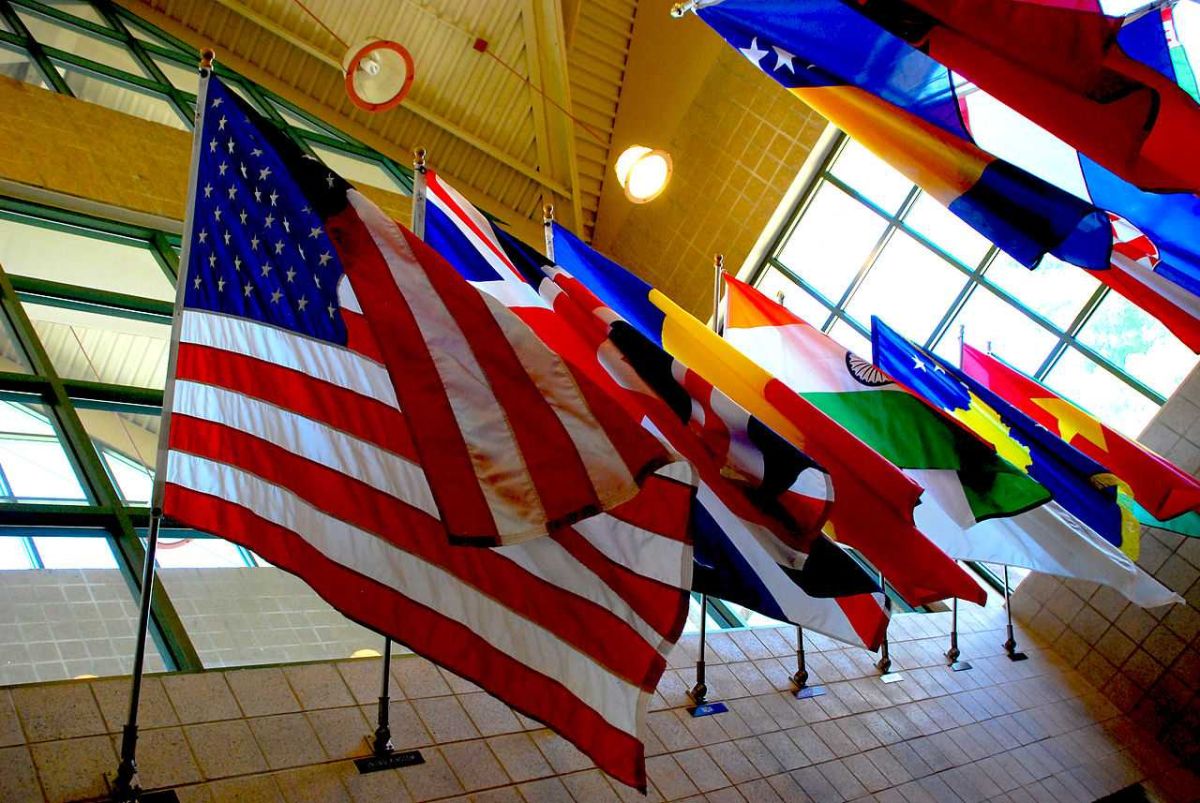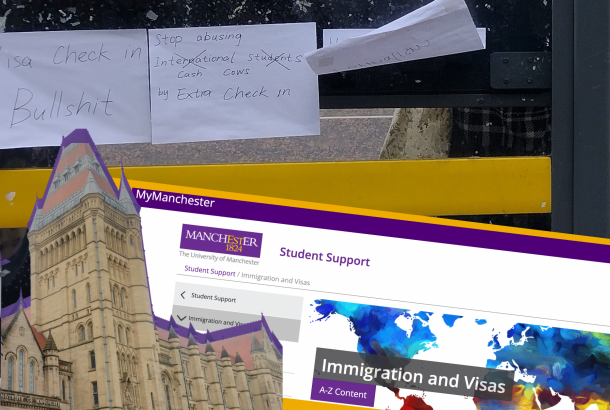Are Manchester’s international students getting value for money?

It’s hard to overstate the importance of international students to the University of Manchester – they make up about a quarter of the total student body, yet pay almost half of all tuition fees.
One of the University’s ‘key financial risks’ identified in its 2018 report are the ‘barriers to international student fee growth’, meaning finances are particularly reliant on international students. Overall income growth was driven by international fees in 2017-18.
But The Mancunion has spoken with students from abroad who have expressed dissatisfaction with the way the University is supporting them. Their concerns range from feeling like the University sees them as a business to the poor visa advice they’ve been given by support teams.
The University argues its fees are a “fair reflection” of the wider market, and it offers overseas students tailored advice after graduation.
International students are seeing their fees rise every year. In 2018, the cost for the BA Economics and Politics programme was £20,000. This shot up in 2020 to £23,500, more than double that of home students.
One Material Sciences and Engineering student from South Korea said they felt like, “the University sees students as business customers, not as students who they have to teach.” They added that, “the university wants to make money instead of giving students real support”.
Students from the EU currently pay the same amount as home students, and the government has confirmed that will continue for 2020-21. Masha, a genetics and molecular biology student from Russia, says that can be frustrating. “The fact that you have to pay three times more for the fees than your course mates just because you were born 20km away from the EU border is always extremely frustrating.”
Course fees aren’t the only problem some international students have had to face. A PPE student from Pakistan, who chose to remain anonymous, raised concerns over visa restraints. He said he found it “challenging” that international students have to leave just three to four months after graduation if they haven’t found a job. “It makes spending so much money on a degree worthless if you have to go back home and work a crap job you could have got with a degree from home anyway.”
This process of getting a visa and accessing correct information about visas seems to be an issue for several international students. One Egyptian student raised concerns about the Visa Team at the University, whose role it is to provide advice and guidance on the process. He criticised their “inaccurate and outdated” advice.
“[They] do not know enough about the UK immigration process. They tend to give inaccurate advice and recede from this advice when challenged about it. A lot of people follow what they say because they’re a trusted authority but really, [they] should be better trained on [these] things. If I took their advice I would have not been able to land the job I have.”
A University of Manchester spokesperson said: “We set our international prices based on the prevailing market and find they are a fair reflection of the sector-wide rates. We compare our fees carefully every year to those charged by similar universities. The value of a UK degree, especially one from Manchester, still remains a huge benefit to international students. For example, around 92% of our own overseas students find graduate-level employment or further study within six months of graduation.”
They added: “We also offer several generous discounts and bursaries specifically for international students. And to help students find work after graduation we provide bespoke advice and guidance for overseas students through our Careers Service. At a national level, we consistently lobbied the government to allow international students to gain work experience in the UK following their studies.”







